Amelia Garcia Perez has been living in a tent within sight of the U.S. for months. But although she’s applied for political asylum, it’s unclear when — or if — she’ll ever be able to enter the country.
“I ask God for a miracle so that we can cross,” said Garcia Perez. She’s one of more than 1,000 migrants camping at a U.S. border crossing in Matamoros, Mexico. The Trump administration’s Migrant Protection Protocols — better known as the “Remain in Mexico” policy — means they have to wait across on that side while their asylum claims are processed.
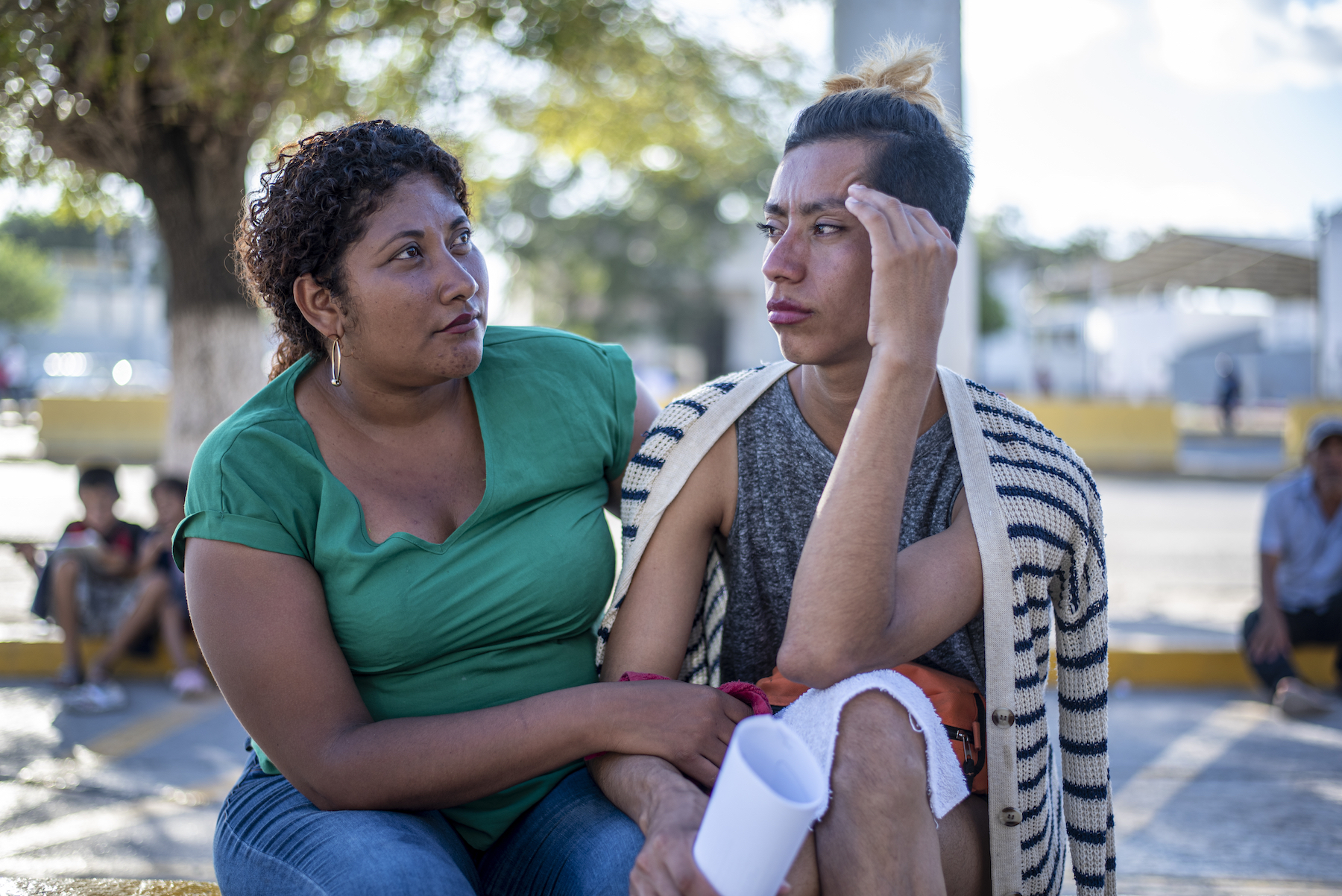
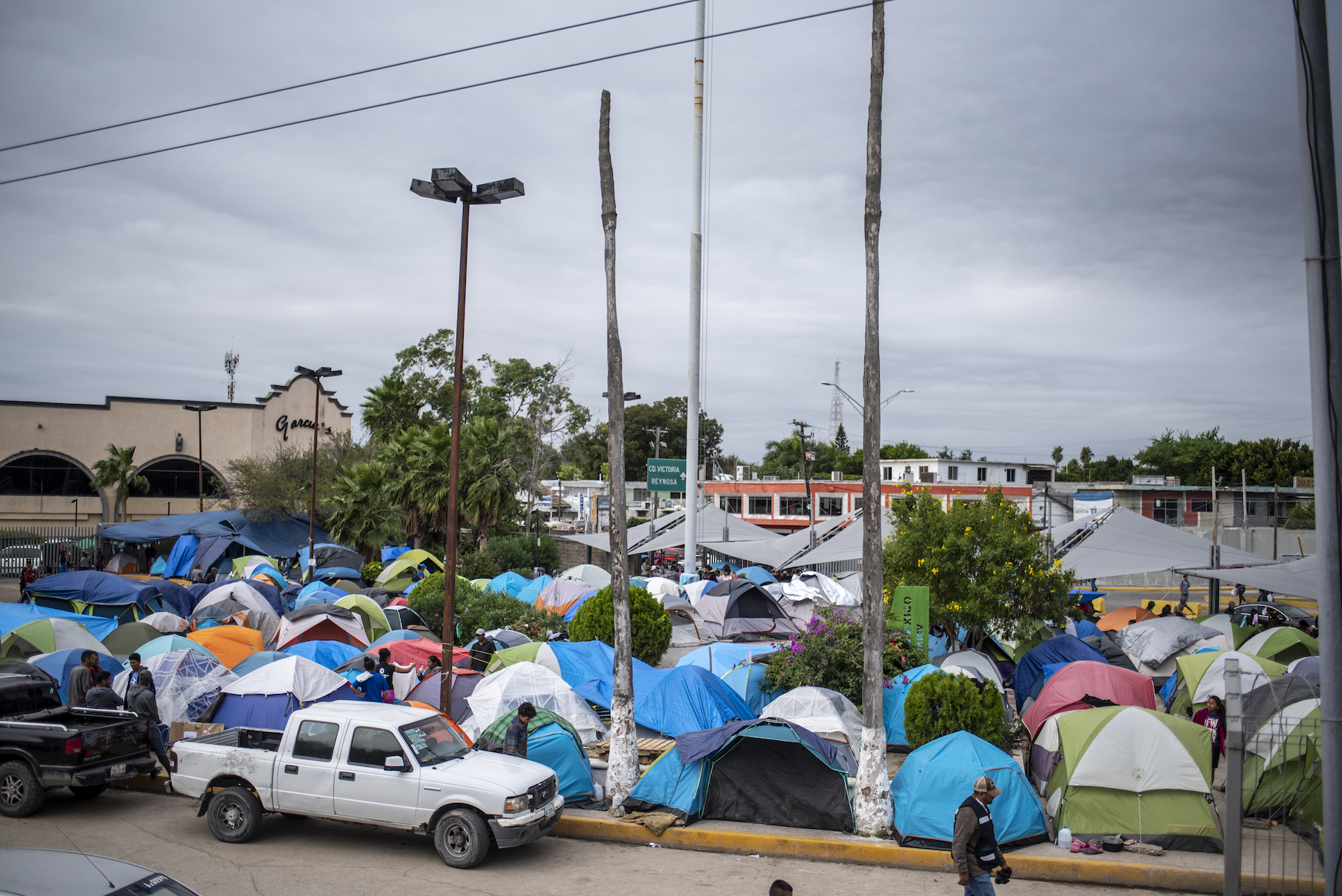
This area is preferable to the border cities, where cartels have turned kidnapping migrants into a business model. But the conditions are dismal: There are only a dozen portable toilets and a couple of showers for everyone, leaving many to bathe in the Rio Grande river, which divides the two countries. Everything is caked in dust and mud.
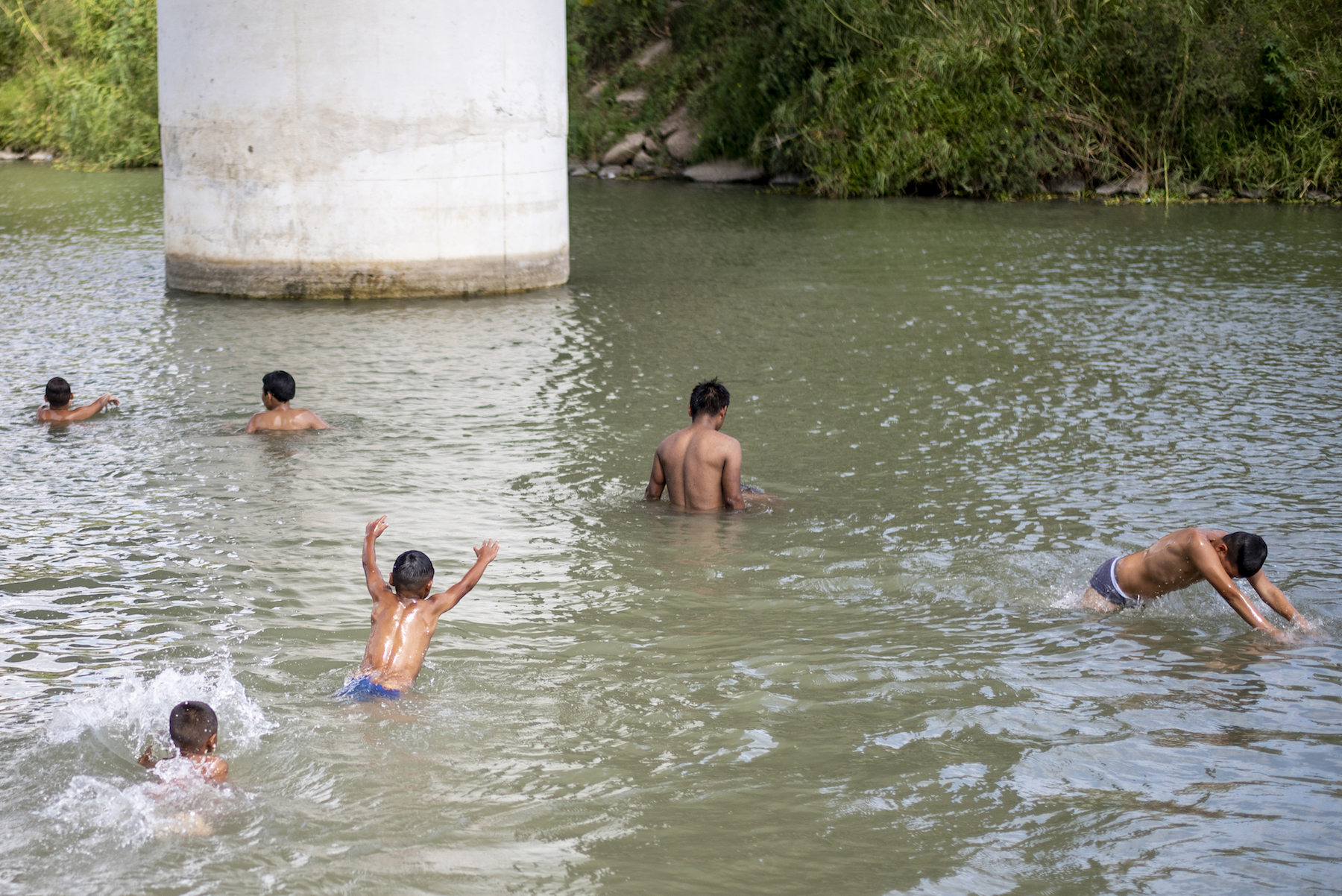
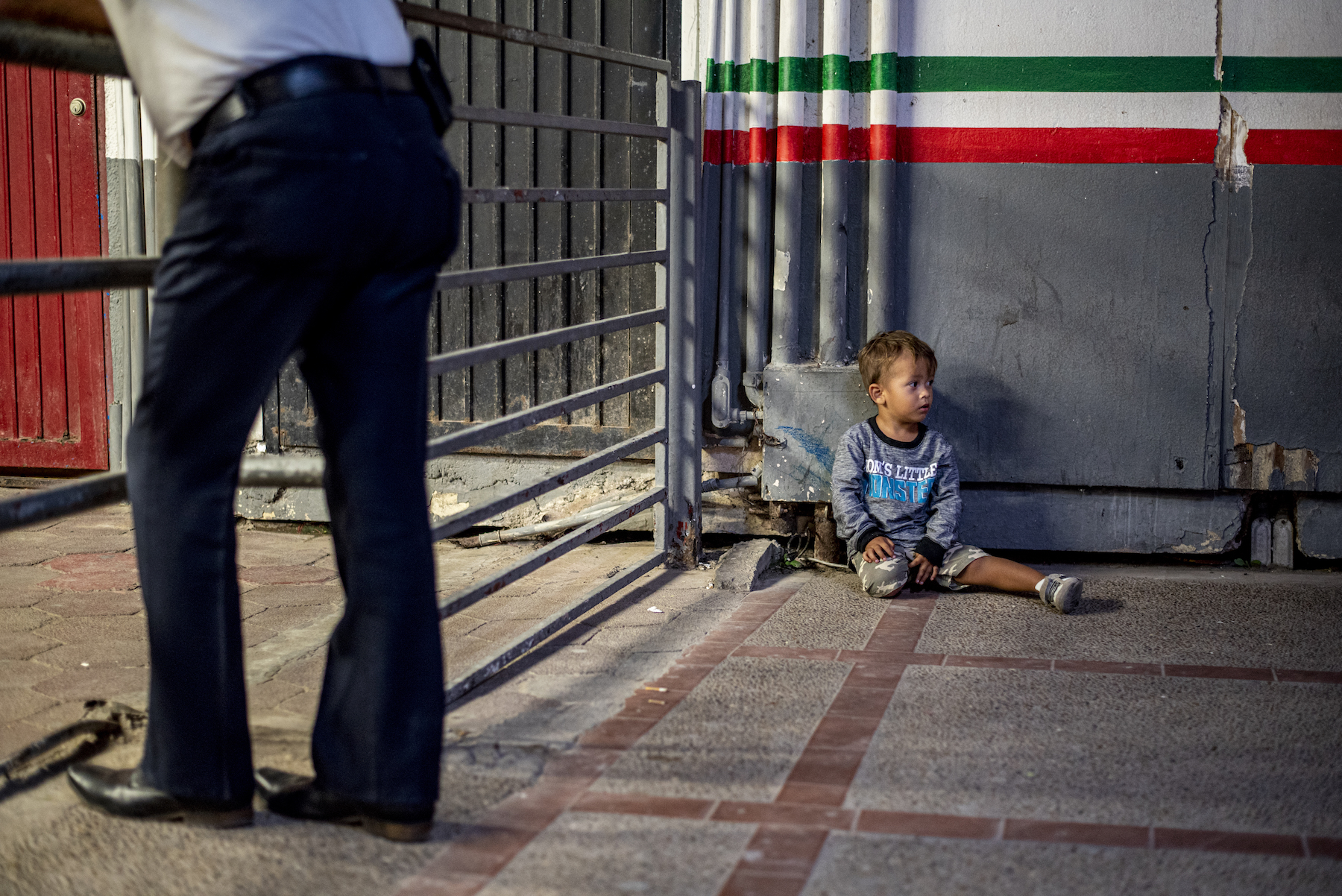
On October 10, many of the migrants decided they’d had enough. Hundreds marched onto the bridge that leads to Brownsville, Texas, and occupied it in protest of their treatment from the U.S. and Mexican governments.
A local paper reported soon after that there were plans to evict the migrants Monday and move them to an event center six miles from the border, but the Texas Tribune reported Friday that a Matamoros spokeswoman said the plan had been scrapped. She said there were tentative plans to offer an alternate shelter closer to the bridge but that the migrants won’t be forcibly removed.
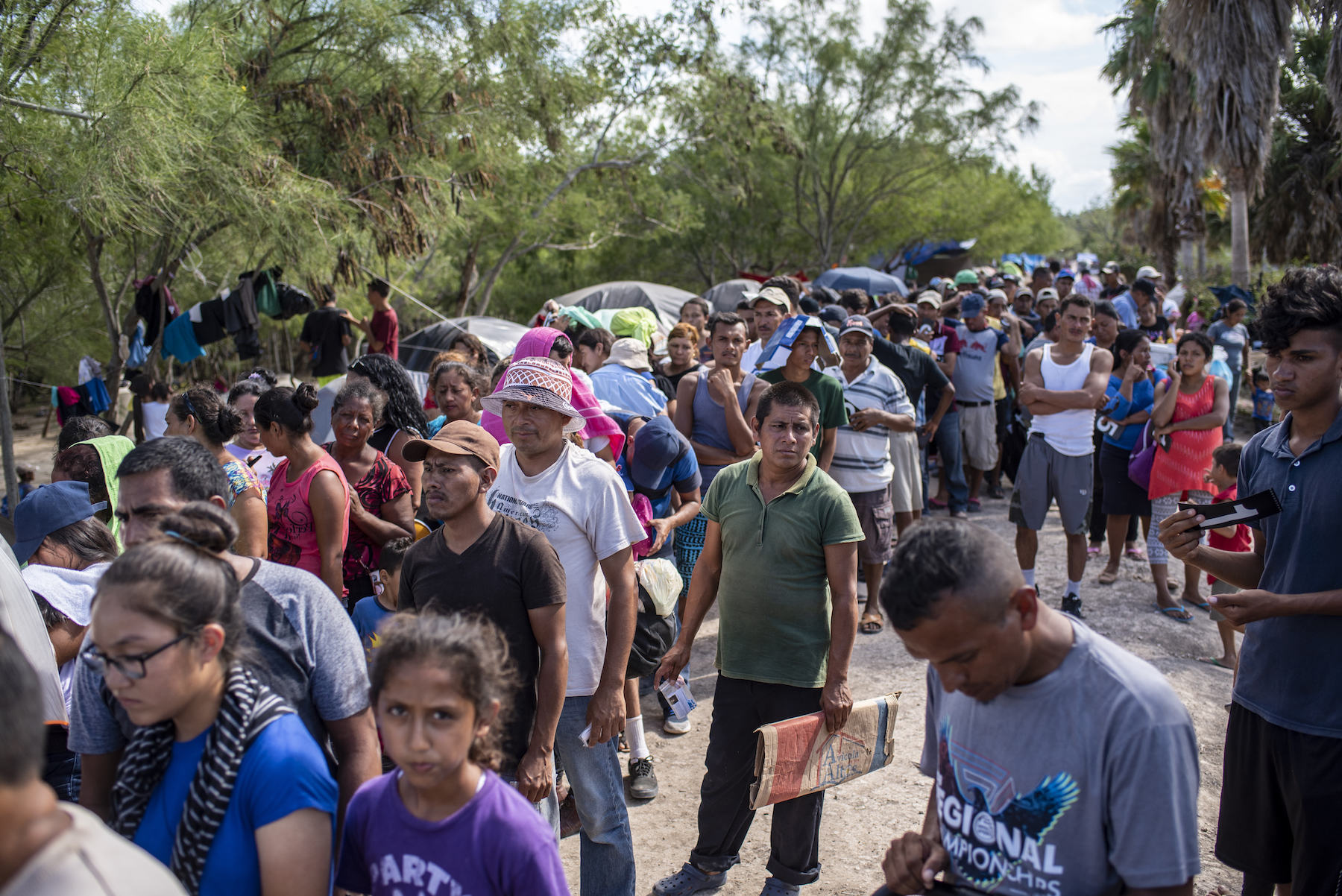
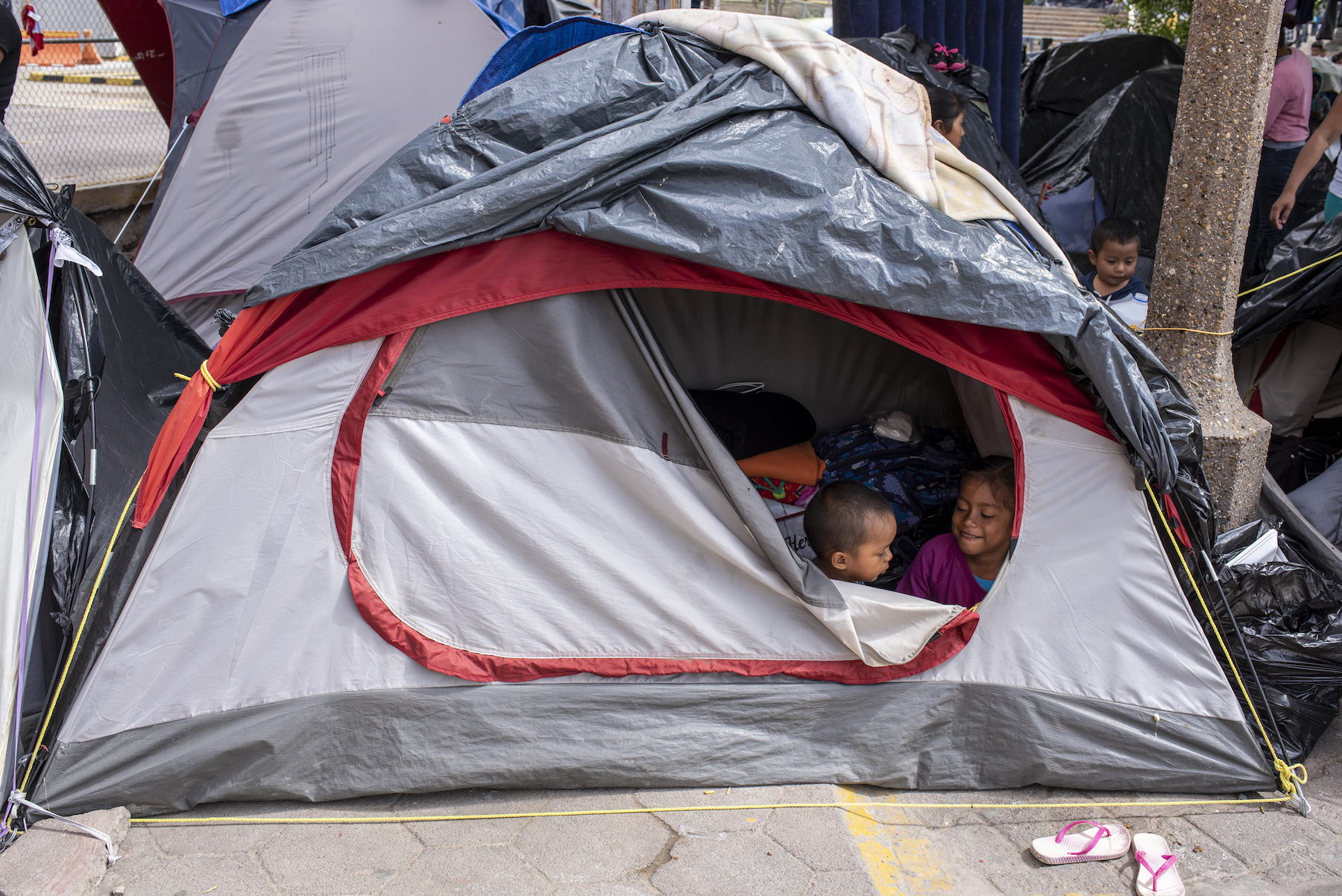
Staying just feet away from the border has meant relative safety for the asylum-seekers, and many are afraid to move further into Mexico. Tamaulipas, the state home to Matamoros, is so dangerous that the U.S. government advises Americans not to travel there. Migrants are particular targets in cities across the borders, with kidnappings by the cartels shockingly commonplace.
A move could also make it harder for the religious groups and legal teams that regularly cross the border to help migrants with their asylum claims and bring provisions like tents, clothing, and food.
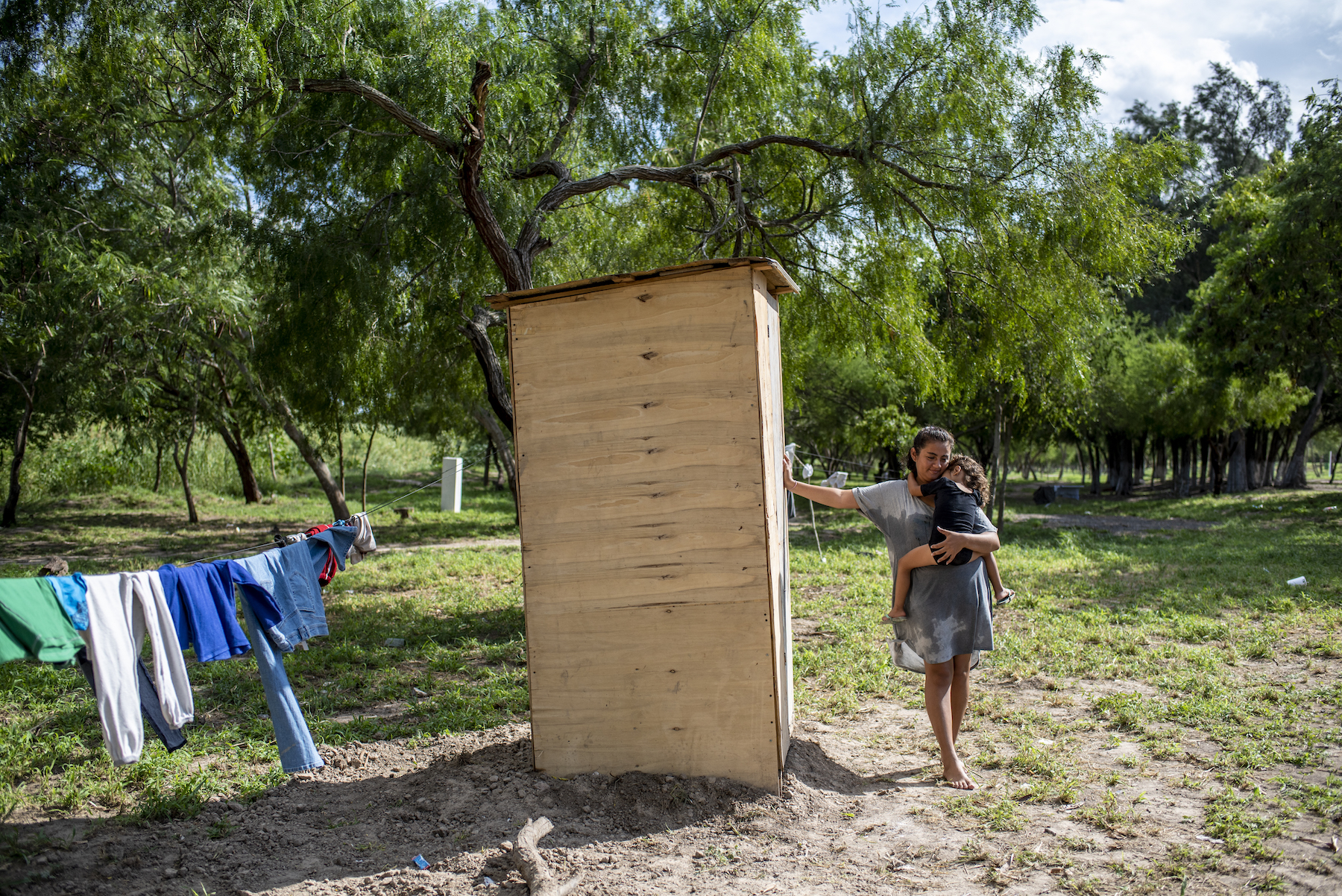
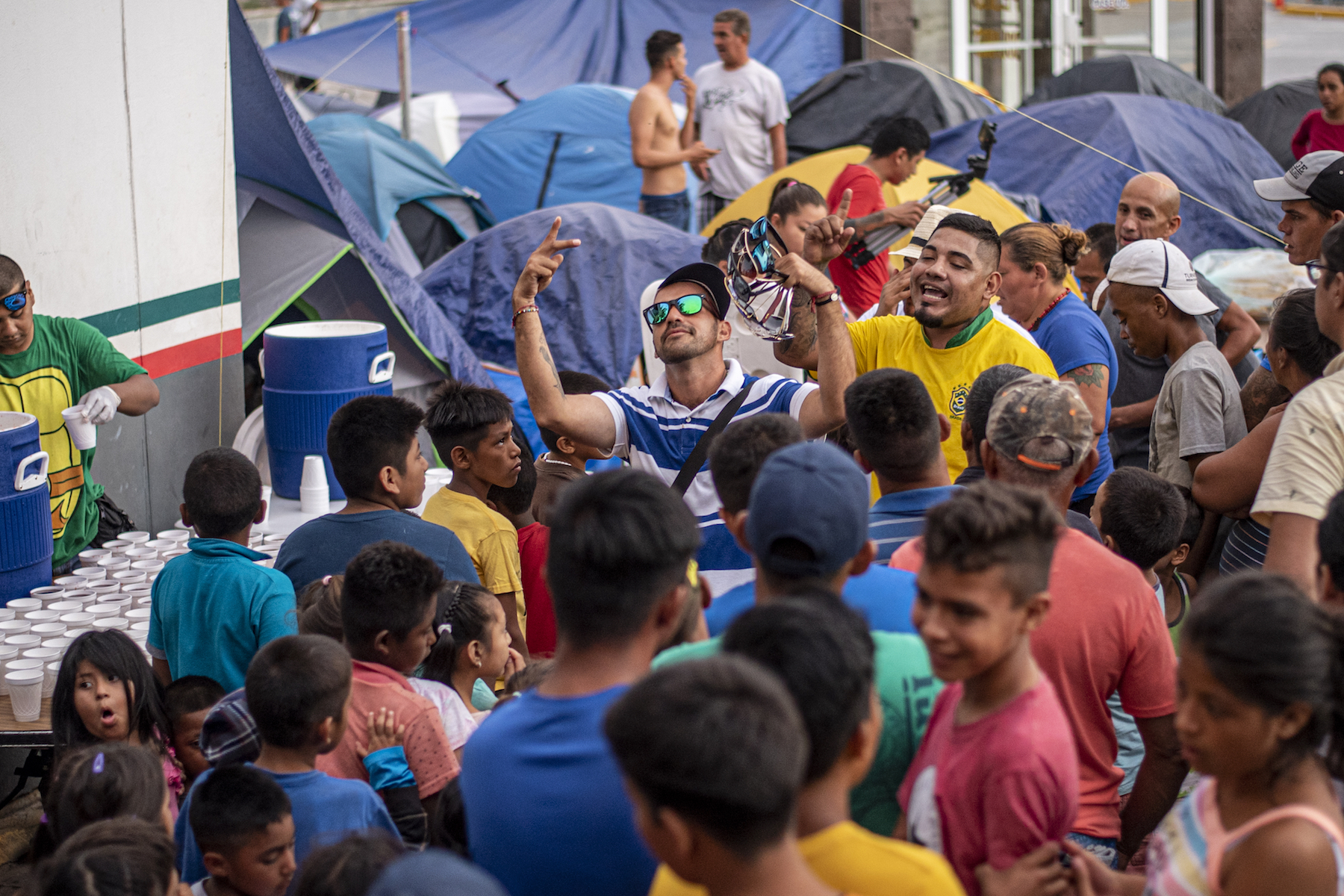
Natasha Ruiz stayed in Reynosa when she first arrived in Mexico. She was robbed of everything she had brought with her from Honduras, and because she is transgender, she was often verbally and physically harassed. Even at the border camp, “I stay close to my friends. People have threatened to drown me in the river,” she said.
People from “vulnerable populations,” such as transgender individuals, are excluded from Remain in Mexico on a case-by-case basis, and volunteer lawyers are trying to help Ruiz get to the U.S.
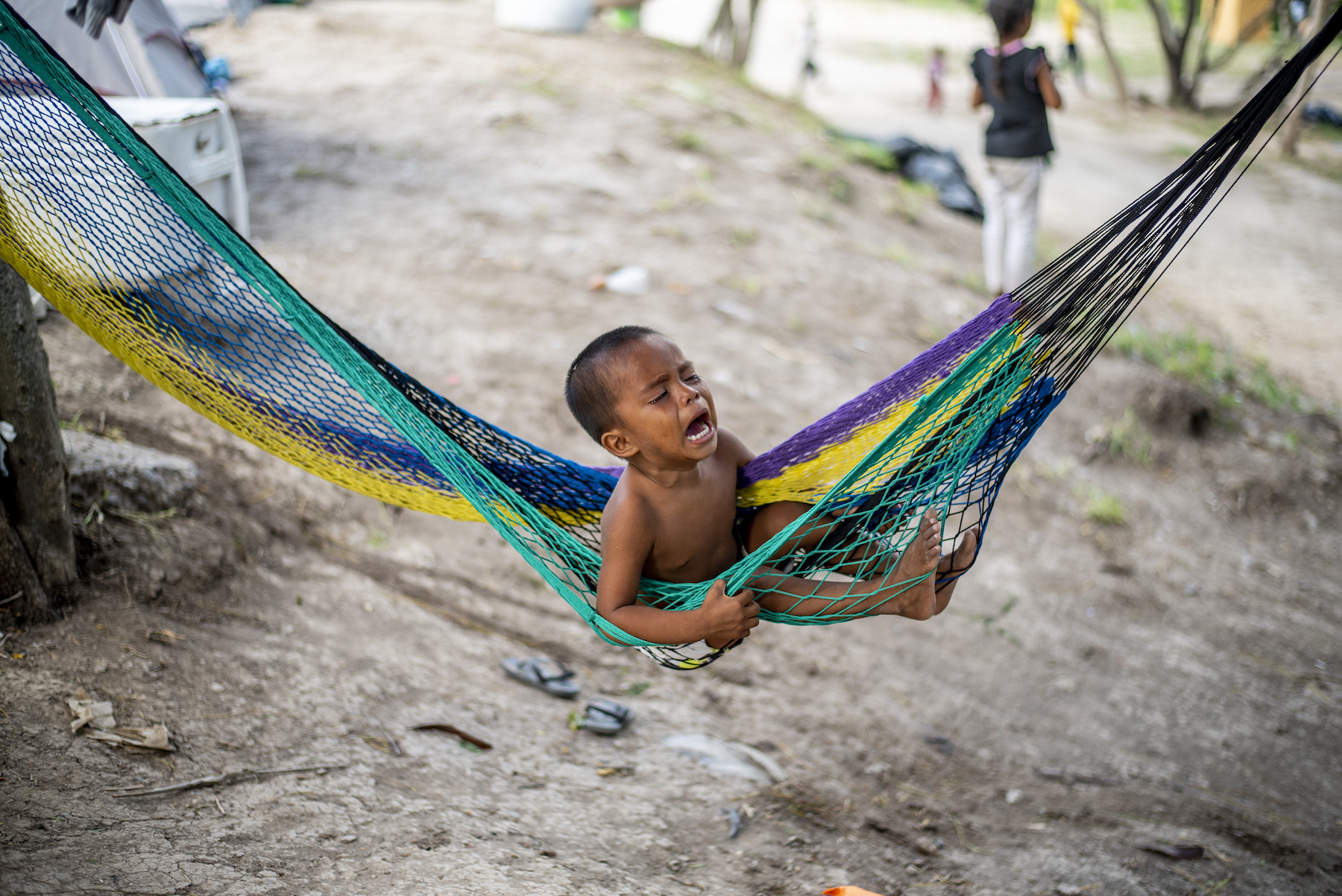
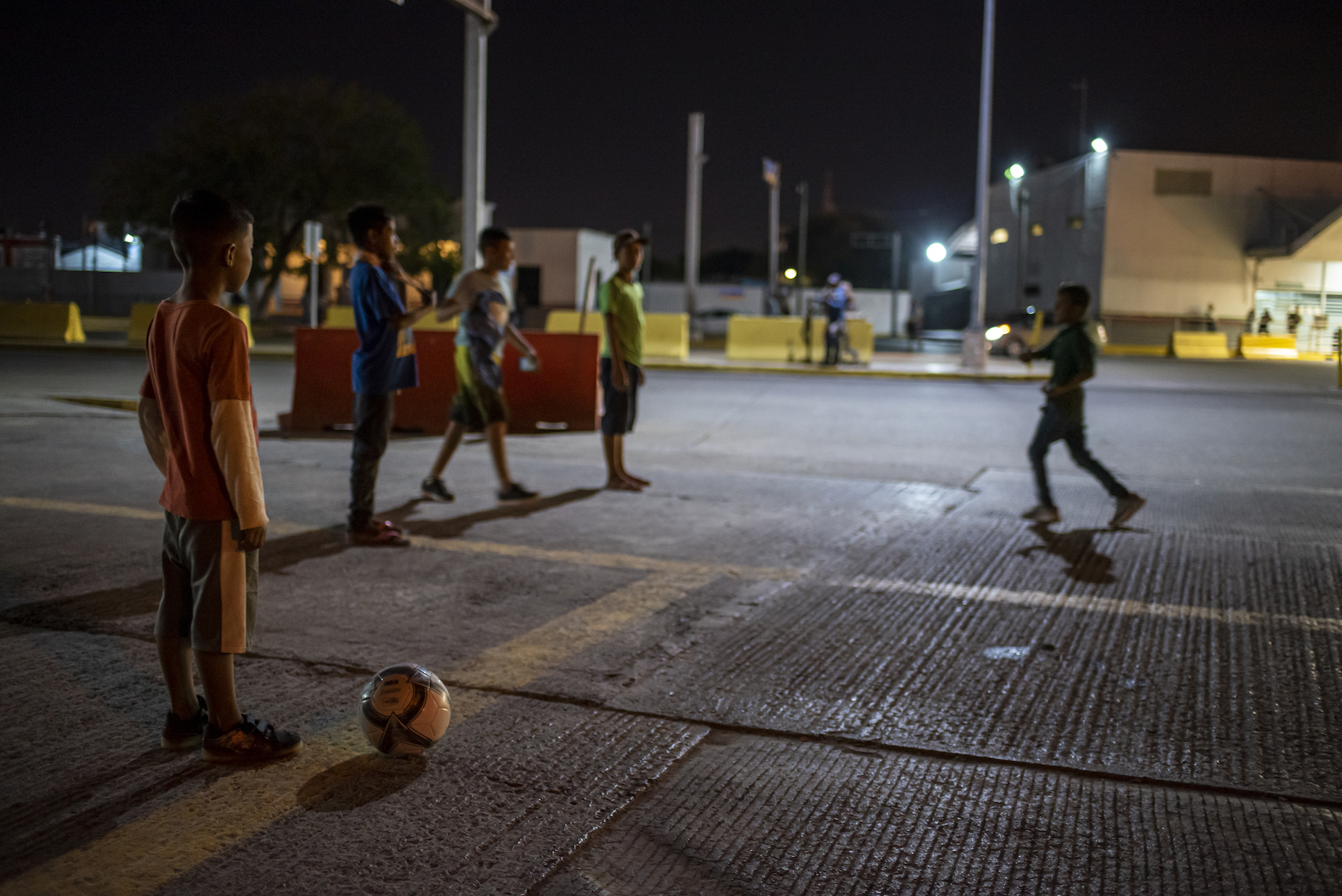
But many migrants are unaware of the Remain in Mexico policy, which was implemented in January, and confused about why they are being forced to wait with their name on an unofficial government list to claim asylum.
Cover: Women bathe and wash clothes in the Rio Grande. Photo by Sergio Flores.
from VICE https://ift.tt/2PqYOHa
via cheap web hosting
No comments:
Post a Comment